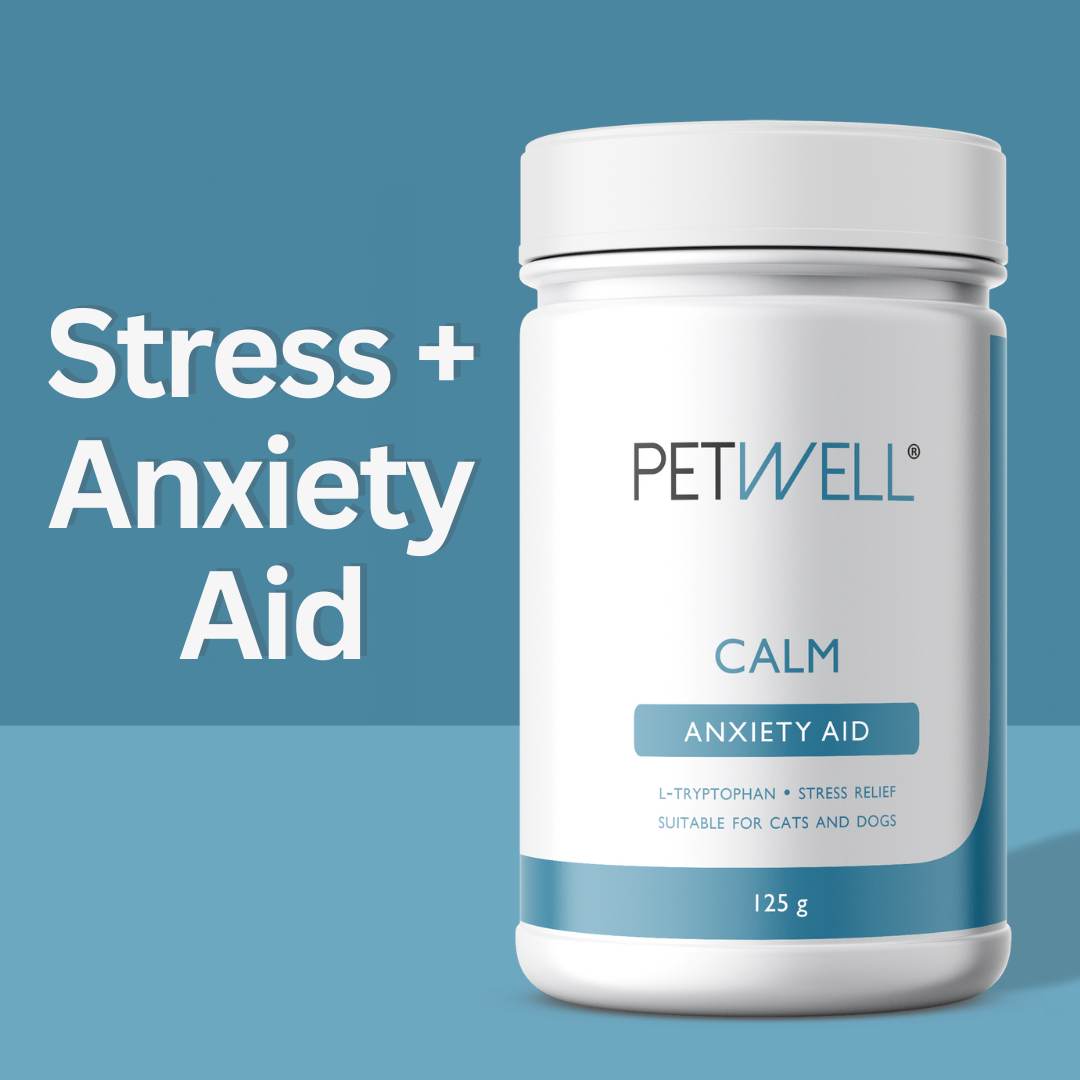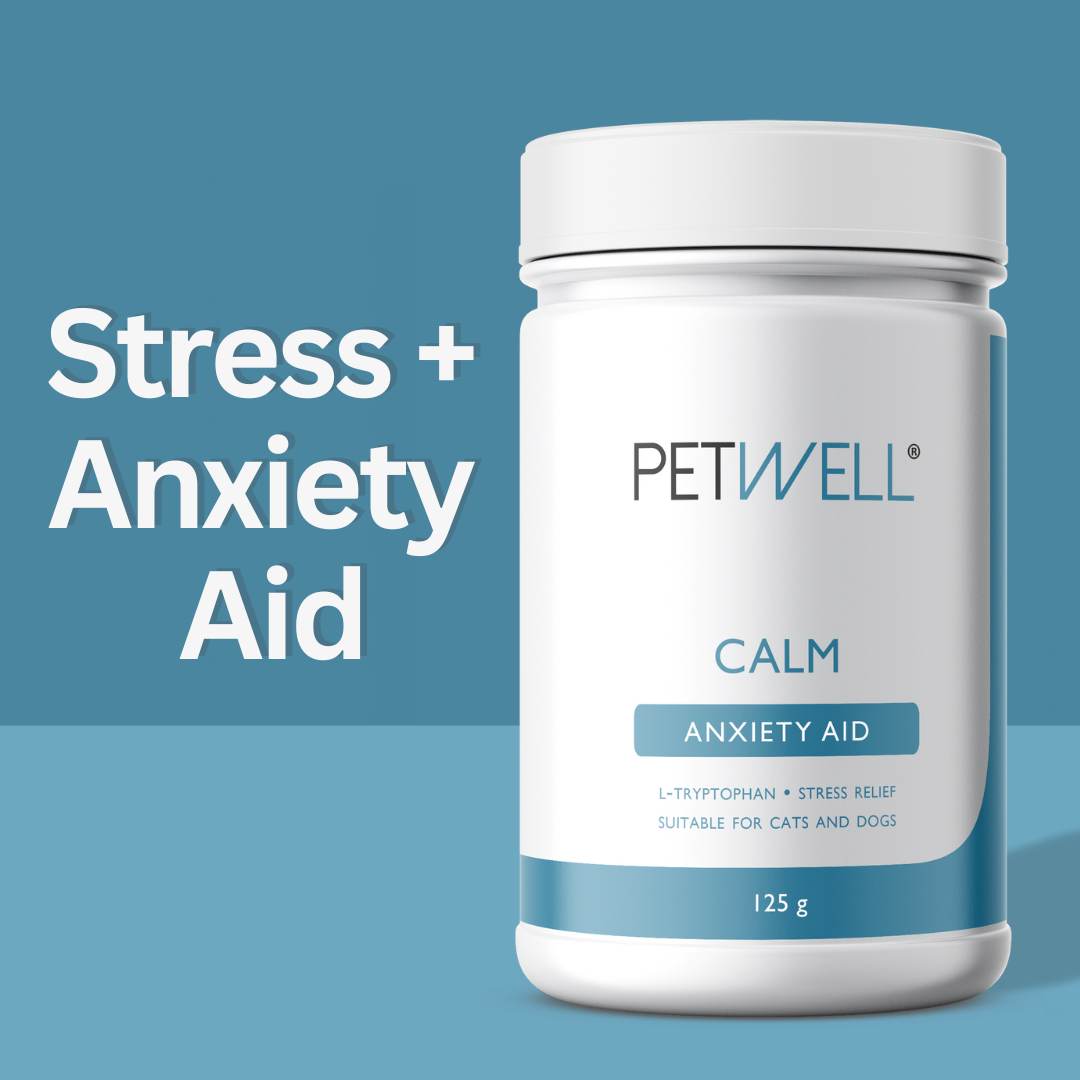Dog boredom is a real thing. But how do you prevent boredom in your dog? Dogs are highly social animals and require regular mental and physical stimulation to stay happy and healthy.
Without adequate exercise, playtime, and social interaction, dogs become bored. As a result, you get a range of unwanted behaviours, such as destructive chewing and digging. In some cases, prolonged boredom can even lead to anxiety and depression.
How to Stop Your Dog from Getting Bored
Give your dog plenty of opportunities for exercise, play, and socialising to prevent boredom.
Regular exercise: Dogs need regular exercise to stay healthy and happy. Depending on your dog's breed and age, you may need to provide daily walks or runs.
Interactive toys: puzzle feeders, chew toys, and balls can help stimulate your dog's mind and provide a fun way to pass the time.
Training sessions: Ongoing training can provide mental stimulation for dogs and help improve their behaviour and obedience. Win-win!
Socialisation: Dogs are social animals and enjoy spending time with other dogs and humans. Regular visits to the dog park or playdates with other dogs help keep them socially engaged and happy.
Rotate toys: To keep your dog interested in their toys, it's a good idea to rotate them on a regular basis, so it doesn't get bored playing with the same toys all the time.
Dog walker or doggy day care: If you're not able to provide enough exercise and socialisation, consider hiring a dog walker or take them to a doggy daycare a few times a week.
Quality time: cuddling or playing together can help strengthen the bond between you and provide the mental stimulation they crave.

How Can I Tell if My Dog is Bored?
There are several signs that may indicate that your dog is bored. Here are some common ones:
Destructive behaviour: chewing on furniture, shoes, or other objects around the house, is often a sign of boredom.
Excessive barking: Dogs can bark excessively when they are bored and have no other outlet for their energy.
Restlessness: If your dog seems restless, pacing, or is constantly moving around, it may be a sign that they are not getting enough exercise or mental stimulation.
Lack of interest: disinterest in playing with toys or going for walks may be a sign that they are bored and potentially depressed.
Attention-seeking behaviour: Some dogs may seek attention by nudging, pawing, or barking at their owners.
Sleeping more than usual: If your dog is sleeping more than usual, it may be a sign of boredom.
Dogs who are left alone for long periods of time can develop separation anxiety. |
Health Issues Caused by Boredom?
There are some health issues that can be caused by boredom in dogs including:
Obesity: Not getting enough exercise and activity they can become overweight. As a consequence, health problems such as joint and mobility issues, heart disease, and diabetes can present themselves.
Read more about Weight Management in Dogs Made Easy
Digestive issues: such as constipation, diarrhoea, and vomiting can be caused by boredom.
Skin irritations: Boredom and anxiety can cause dogs to excessively lick or chew on their paws and other body parts. Leading to skin irritations and infections. In fact, this is also known as self-harming.
Destructive behaviour: chewing on objects can cause dental problems, choking hazards, and intestinal blockages.
Aggressive behaviour: Boredom can lead to aggressive behaviour. Consequently, this can be dangerous to humans and other animals.
Read more about canine aggression
Depression: Prolonged boredom and lack of mental stimulation can lead to depression in dogs. Thus, causing loss of appetite, lethargy, and decreased overall health.
To prevent boredom-related health issues in dogs, provide them with plenty of exercise, mental stimulation, and socialisation. By providing adequate mental and physical stimulation, you can help prevent boredom in your dog and promote its overall health and well-being.
In Summary
Most dogs require a significant amount of time and attention from their owners to stay healthy and happy. It's important to carefully consider your lifestyle and schedule before getting a dog to ensure you can provide the necessary time and care they require.
Disclaimer: The entire contents of this email and website are not to be taken as medical advice. The team at PetWell encourages you to make your own pet healthcare decisions based on your research. And in partnership with a qualified pet healthcare professional.














































